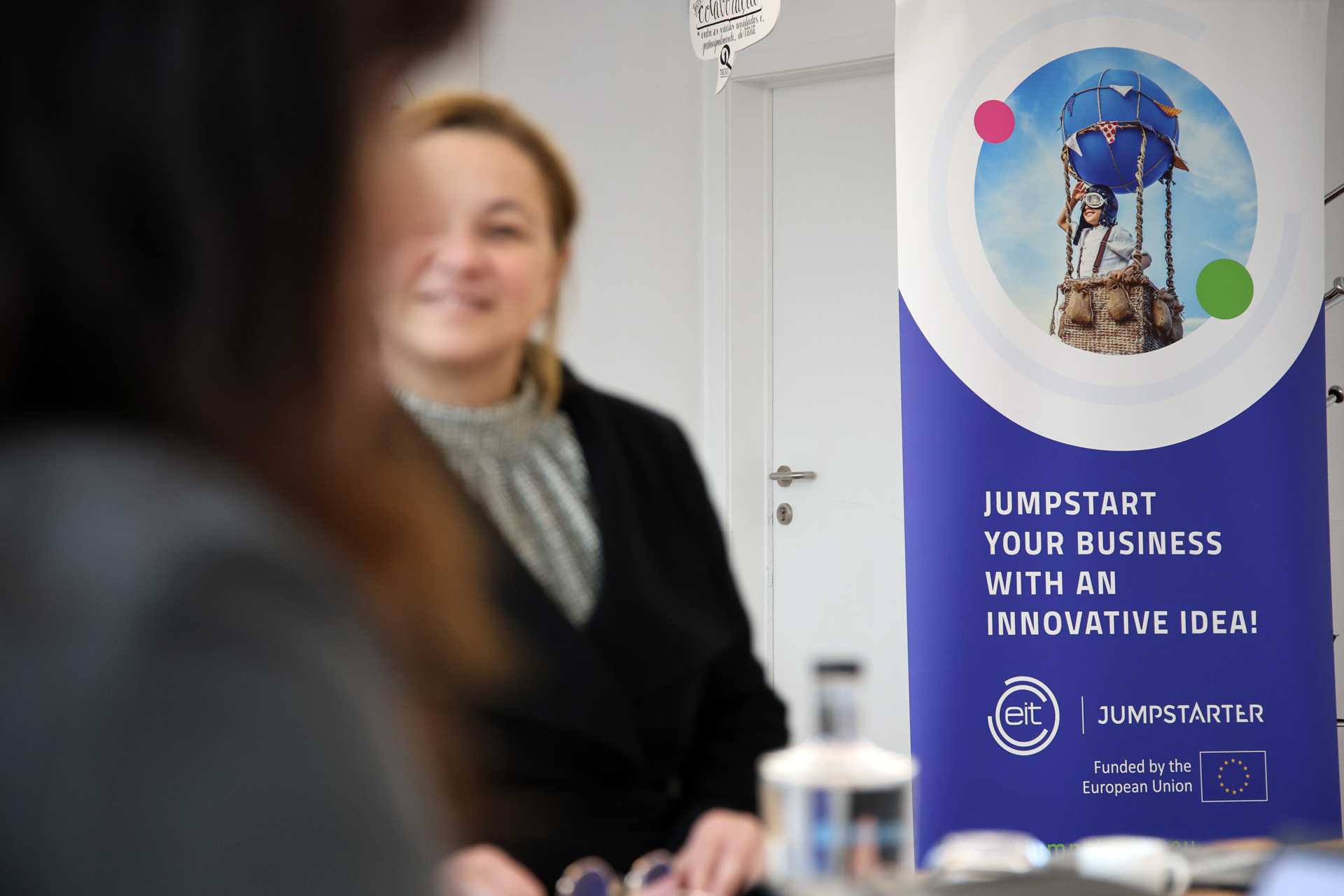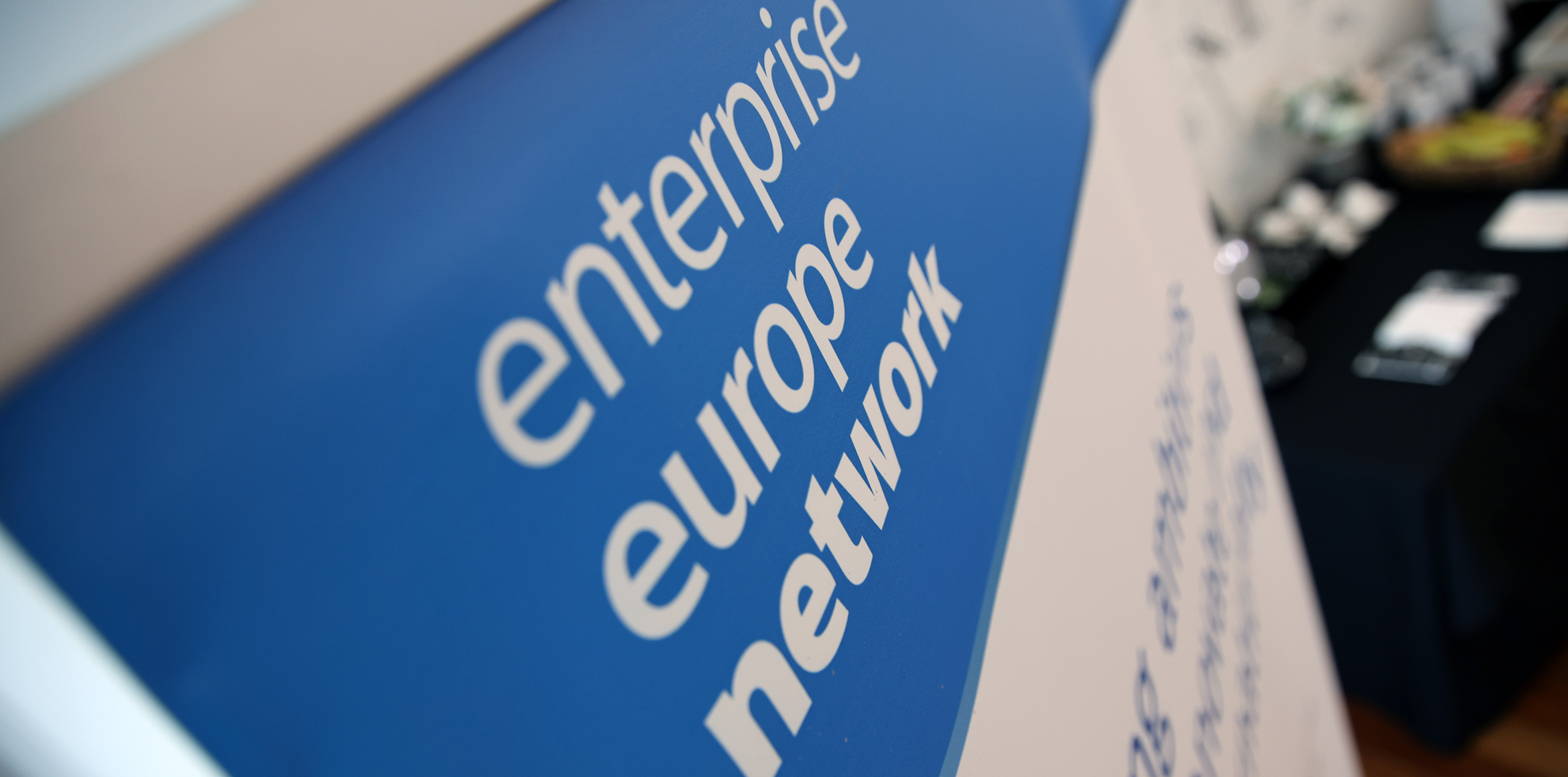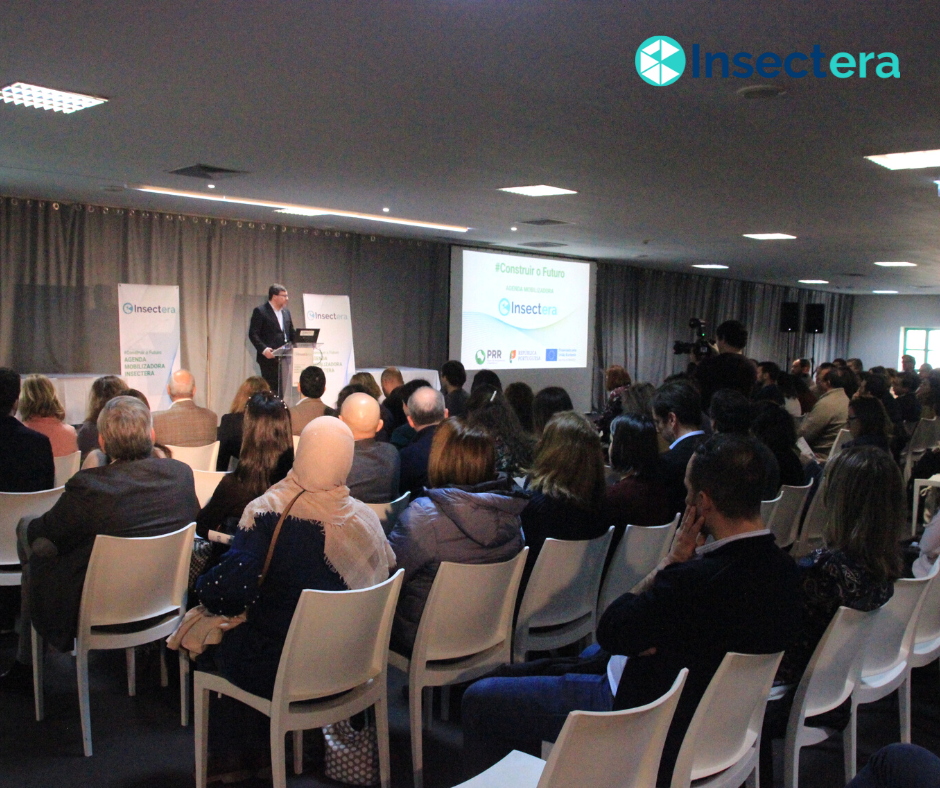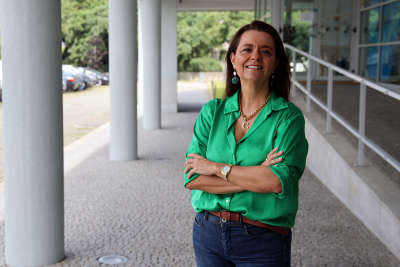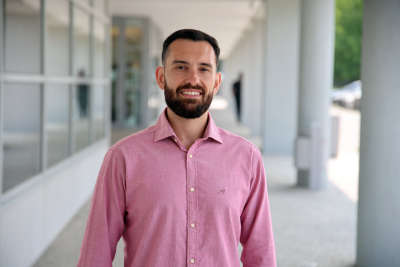Innovation, Technology and Entrepreneurship
CITE was created to consolidate INESC TEC’s significant investments and experience in the development of internal processes and tools to manage R&D results, and to organise the resulting knowledge and competences.
At CITE we have a specific expertise in Innovation and Technology Management & Policy and Technology Entrepreneurship. The activities held by our centre promote the development of conceptual frameworks, methodologies and tools used both in advanced consulting and executive training programs for private and public organisations.
At CITE, we have been developing and exploiting a set of national and international research opportunities in collaboration with international partners such as the Executive Agency for small and medium sized businesses (SMEs) , ISO/TC 279 ‐ Innovation Management; UT Austin Portugal, MIT Portugal and Carnegie Mellon Portugal in Engineering and Public Policy.
CITE is the Centre in charge of coordinating the activities of Enterprise Europe Network - Portugal at INESC TEC. Co-funded by COSME and H2020, Enterprise Europe Network is the world's largest support network for SMEs with international ambitions. It provides international business expertise with local knowledge across a range of targeted services - international partnerships, innovation support and personalised advices on a series of topics from funding & financing to technology transfer or IP management, just to name a few.
Key account management services (KAM) for SME Instrument beneficiaries and Enhancing innovation management capacities services (EIMC) are carried out in addition to the standard Enterprise Europe Network services in support of innovation, technology transfer and research.



